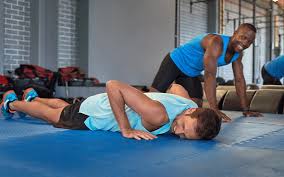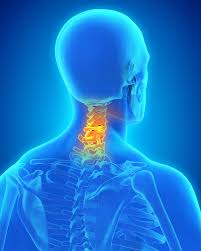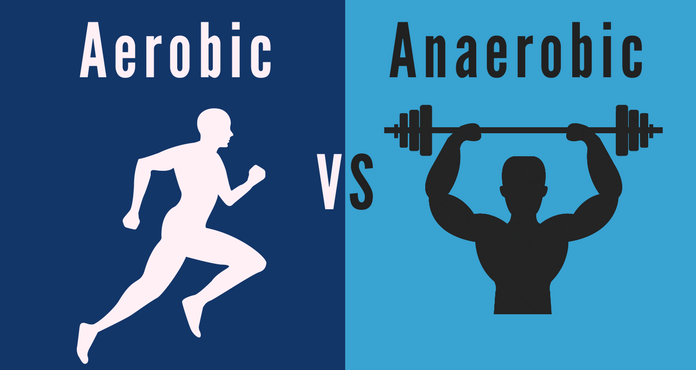Top 10 Frequently Asked Fitness Questions, Answered
Embarking on a new fitness journey—whether it’s your first cycling class, lifting weights, or starting a weight loss program—often comes with a flurry of questions. Understanding the answers can pave the way for effective workouts and lasting results. As a fitness trainer, I frequently encounter the same queries from newcomers. Here are the top 10 frequently asked fitness questions and their answers to help you achieve your fitness goals.
1. Do I Need to Work Out Every Day?
No, you do not need to work out every day to achieve fitness success. In fact, it’s advisable to incorporate 1-2 rest days into your weekly routine. These rest days allow your body to recover and reduce the risk of injury. Engaging in light activities, like walking or stretching, can enhance recovery and keep you active.
2. How Long Should I Work Out For?
The duration of your workouts depends on your fitness level and the intensity of your training. The CDC recommends at least 150 minutes of moderate-intensity aerobic activity per week, along with 2 days of strength training. Remember, even short, high-intensity workouts can be effective!
3. How Can I Increase Lean Muscle Mass?
To build lean muscle mass, focus on heavy strength training and incorporate resistance exercises. Resistance bands and bodyweight workouts are also effective. Gradually increase the weight or intensity as your body adapts to ensure continuous muscle growth.
4. How Much Weight Should I Use When Strength Training?
The right weight for strength training varies for everyone. Aim for a perceived exertion level of 7-9 on a scale of 1-10. If you’re not feeling challenged by the last few reps, consider increasing the weight in your next session.
5. What Training Should I Be Doing to Lose Weight?
For effective weight loss, adopt a comprehensive approach that combines cardio, strength training, and HIIT (High-Intensity Interval Training). Regular cardiovascular exercise boosts calorie burn, while strength training increases your metabolism. Ensure you maintain a well-balanced diet rich in whole foods to support your weight loss goals.
6. How Often Should I Rest?
Rest is crucial for recovery. Incorporate 1-2 full rest days into your weekly schedule, allowing time for self-care and mental health. Recovery is just as important as your workouts!
7. When Should I Stretch & How Often?
Include dynamic stretching before workouts to improve mobility and prepare your muscles. After your workout, focus on static stretching to aid recovery. This will help alleviate muscle tension and enhance flexibility.
8. What Can I Do About Muscle Soreness?
To alleviate muscle soreness, prioritize nutrition, rest, and hydration. Eating nutrient-rich foods supports muscle recovery. Ensure you get enough sleep to allow your muscles to repair themselves. For more tips, check out our guide on dealing with muscle soreness.
9. How Long Does It Take to See Results?
Results from a fitness program typically take 6-8 weeks or longer. It’s essential to be patient and recognize progress in various forms, such as improved endurance, better-fitting clothes, or increased strength. Celebrate small victories along your journey!
10. What’s the Best Diet for My Fitness Goals?
A nutritious diet is fundamental to achieving your fitness goals. While many diets exist, focusing on whole foods is a smart strategy. Prioritize fresh fruits, vegetables, lean proteins, and whole grains to fuel your body effectively.
Conclusion
For all the fitness newcomers out there, I hope this article serves as a helpful starting point for your fitness journey. Remember, while beginning a new routine can feel overwhelming, you’ll gradually find your rhythm. Don’t hesitate to ask questions or seek support. Share your fitness questions in the comments below—we’re here to help!






